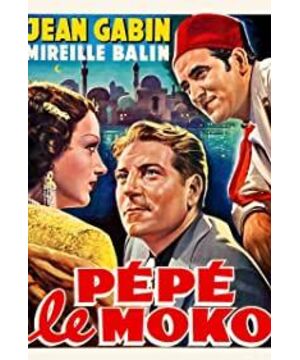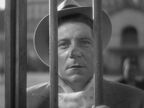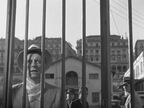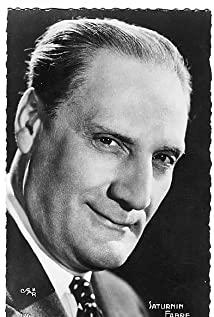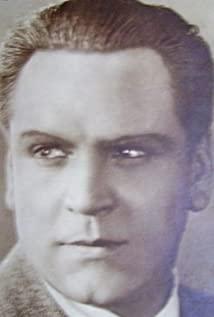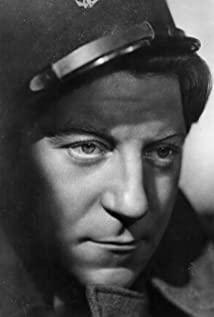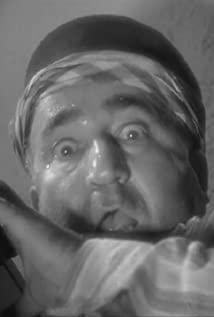The poetic realist film "The Fugitive Bebe" in 1937 is considered to be a pioneer of film noir, and it may be regarded as a representative work of the American genre film robber film that emerged in the late 1920s. (First, because it was produced and released in The United States, the second is that its so-called prototype "Casablanca" is also a bandit film), but unlike other similar works, it incorporates the fragility and reality of warmth and humanity. (Domestic friends in the comment area have different opinions on this, I only represent my personal opinion and not rigorous academic, I hope it will not be misleading).
This is a crime film directed by Julien Duweier, starring Jean Gaben and Mihai Bahrain. The film tells the story of the leader of a bandit group in Paris who was finally designed by the police to lure him back to his hometown and arrested.
Babe and Gaby, the guy who tempted on the edge of the danger of love
The police hunted down the fugitive Bebe, who had been unsuccessful for many years, and hid in the maze-like Algiers fortress Kasbah. The police tried every means to catch him, so they spread the news of Beibei's death. The desperate lover decided to go away by boat, and Beibei risked his escape from the ant-crypt-like fortress to meet her.
When Beibei broke through the imprisonment of freedom, in the harbor, Beibei's love and fascination with Paris were looking into the distance through the window, but he could not find her. He thought it would be within reach, but only left. The risk he himself considered swallowed him. Beibei was unexpectedly escorted off the ship. When he looked endlessly through the iron gate, Gaby seemed to feel the scorching gaze, and she boarded the deck.
Beibei shouted her name with all her strength...
All Gaby heard—only the whistle rang...
He ended his life with a dagger,
As the ship went away, he died under the iron gate.
Not only did he lose his lover, he knew he could not return to Paris freely.
View more about Pépé le Moko reviews


